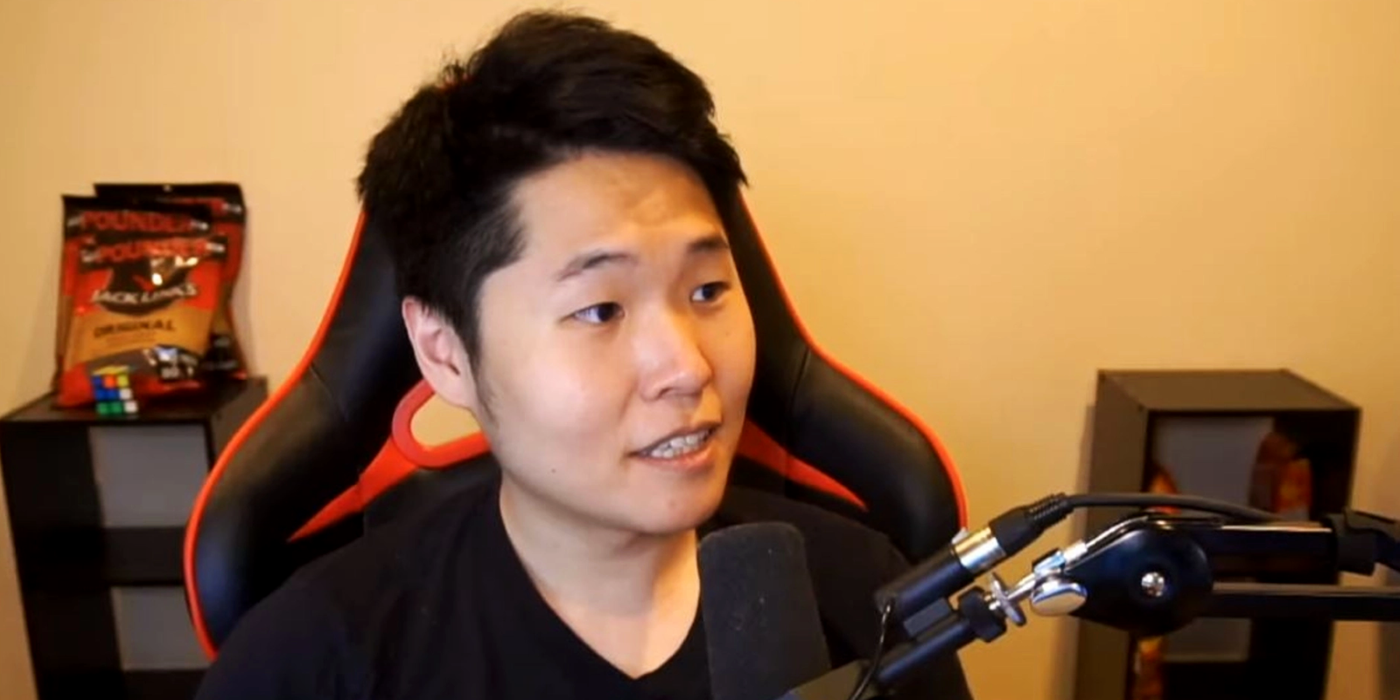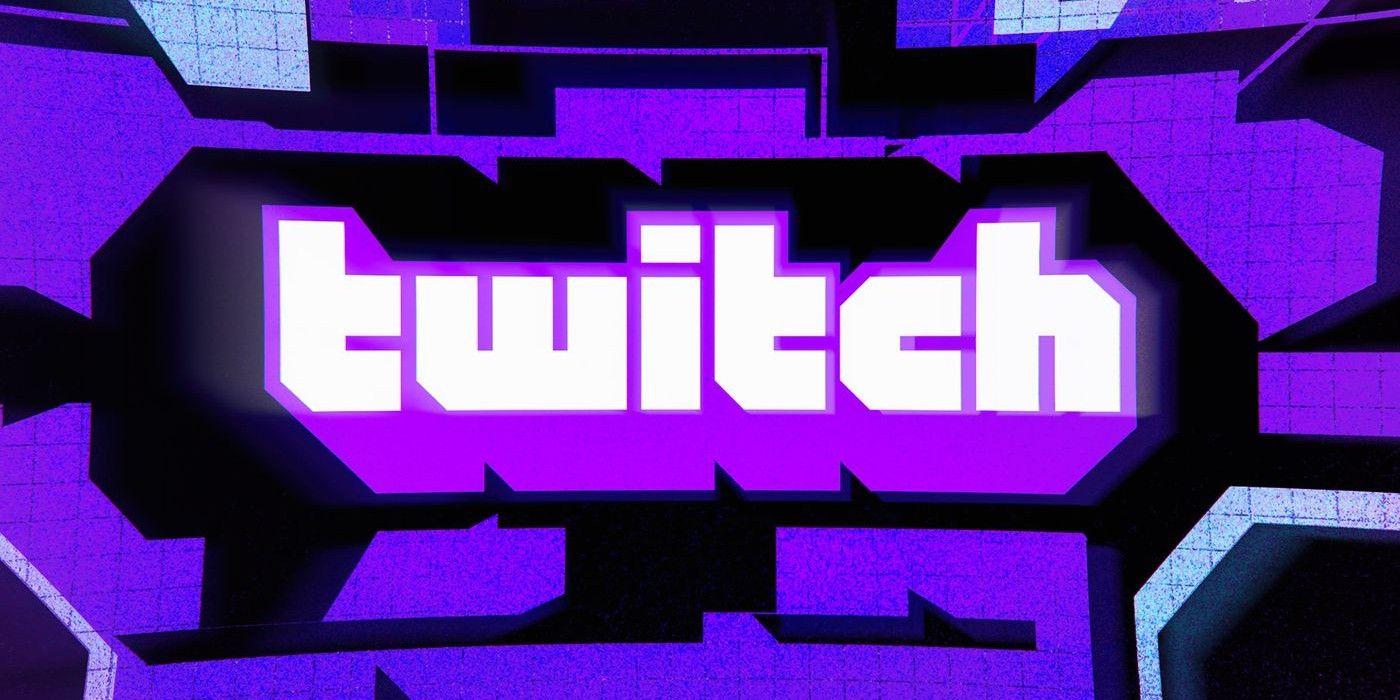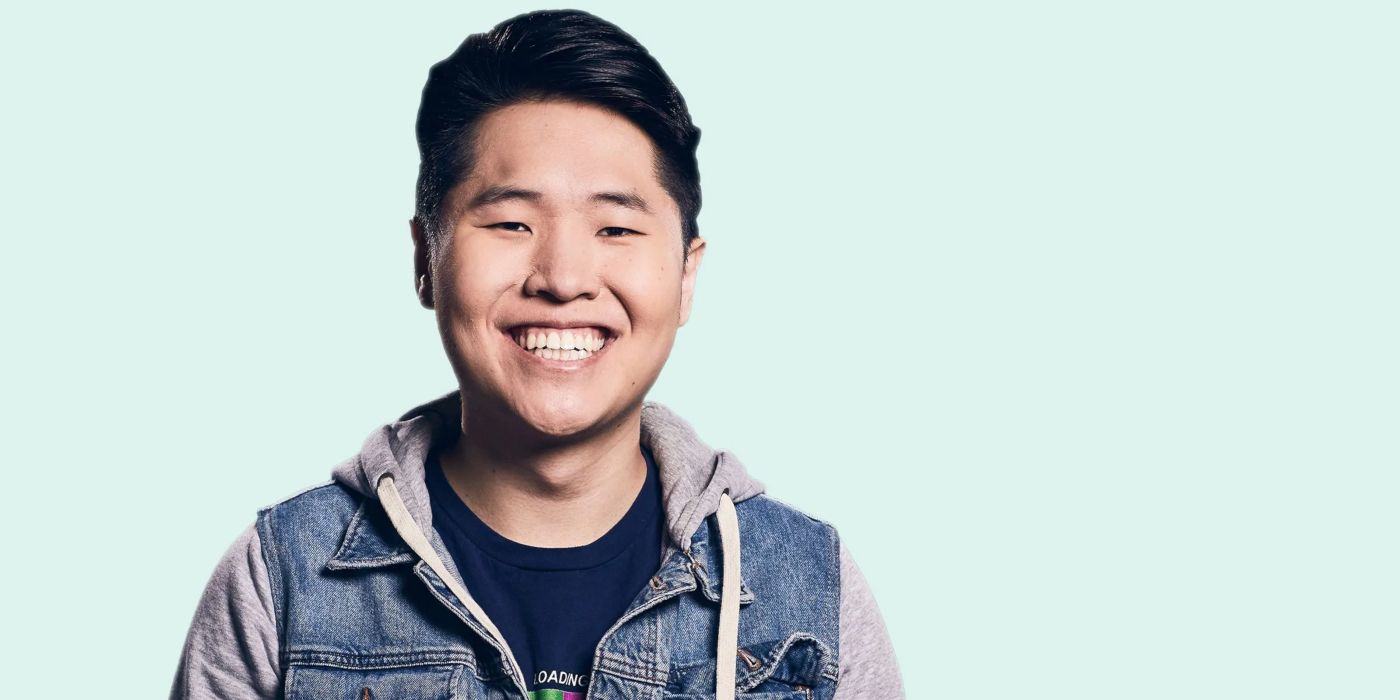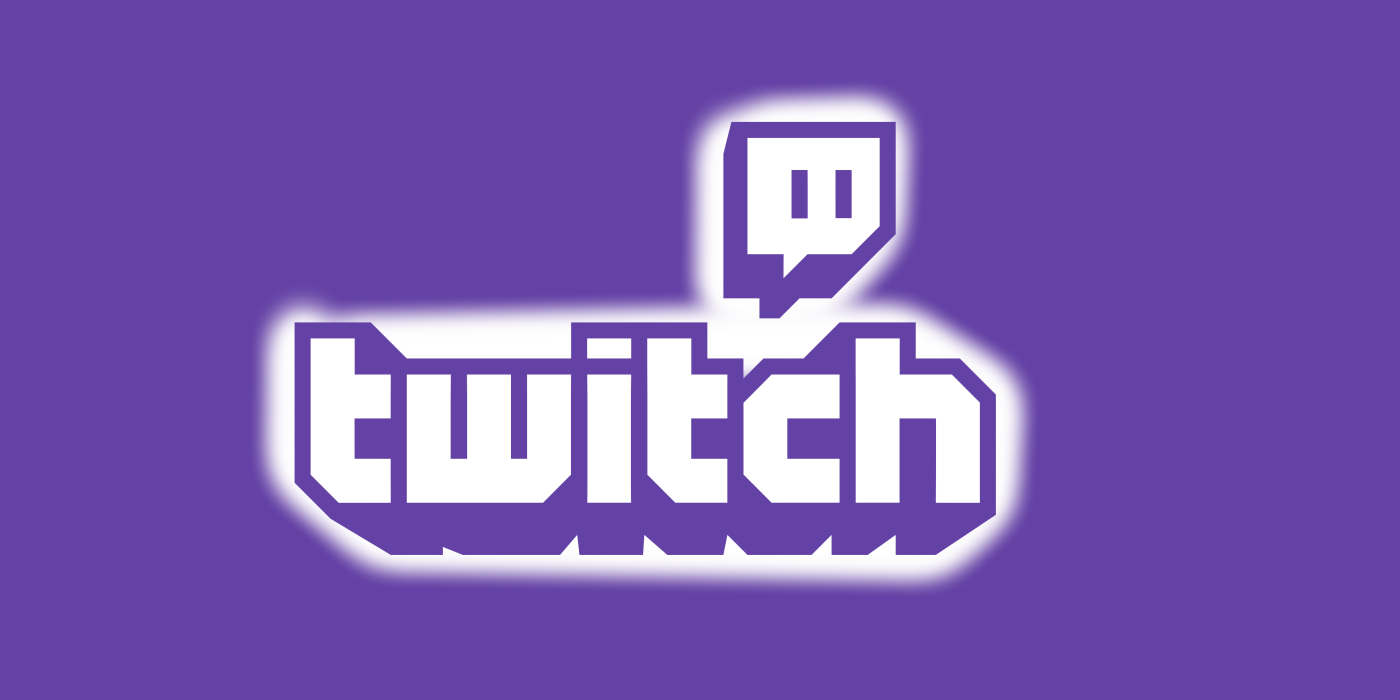Twitch bans are always a big source of news on the internet. No matter how famous or popular they are, every once in a while, a famous streamer gets kicked off the streaming platform for one reason or another. Twitch's moderation practice are getting scrutinized more and more by streamers and viewers alike. For instance, the platform's recent crackdowns on playing music under DMCA rules brought on waves of criticism. In general, Twitch's rules have changed faster and more drastically in recent history than they did for a long time, and some streamers are finding it a little hard to stay within the lines, no matter how hard they try.
One streamer who accidently invoked Twitch's ire recently is Disguised Toast. Although Jeremy "Disguised Toast" Wang, the OfflineTV member known well for his Hearthstone and Among Us content, has an exclusive gaming deal with Facebook Gaming, he sometimes makes appearances on Twitch to hang out with friends and fans. Recently, Twitch handed Disguised Toast a ban on the grounds of unmoderated hateful conduct. While watching an old clip, Toast didn't account for a hostile player calling him a homophobic slur. While the slip-up is certainly a little distressing, it doesn't seem like there were any negative intentions behind it, and so Twitch's actions fall into a legislative gray area.
Examining Twitch's Rules
Toast shared a screenshot of Twitch's message explaining the ban, which provides some insight on what exactly "unmoderated hateful conduct" means. As the name implies, the policy boils down to penalizing streamers who don't act to prevent slurs, hateful symbols, or other xenophobic content from showing up on their stream or in the chat. Clearly, there's a place for a rule like this on Twitch. The unfortunate truth of the internet is that anonymity sometimes emboldens people to say or do harmful things. Twitch has a responsibility to keep hate off of its platform, so it's important that it has rules in place for moderating hateful conduct. The more Twitch does to squash hate and foster a positive community for every user to enjoy, the better.
A problem only arises when taken in the context of a ban like Toast's. Twitch's explanation of unmoderated hateful conduct seems built around an assumption that some streamers will willfully allow hateful conduct to crop up on their streams. In contrast, Disguised Toast wasn't permitting anything hateful on his stream, but rather, he was being attacked by someone completely unaffiliated with his stream, and that person was the one who used the slur. It seems backwards for Twitch to punish Disguised Toast for something he wasn't really responsible for, especially considering how hard a situation like his can be to predict.
The Nuances of the Ban
Toast's ban was certainly preventable. If he or a moderator had combed through the clip before the stream, they could've caught the slur and never gotten on Twitch's bad side. Unfortunately, that just isn't the way a streamer's engagement with the chat works. They speak conversationally and generally do things impromptu rather than preparing a whole routine; it probably never occurred to Disguised Toast to check the clip. Twitch streamers can't reasonably be expected to vet every piece of media they want to see on stream, especially in the case of small streamers who don't have the time and resources to double-check every link or old clip, but still want to engage with the chat. Whether it's by a slur that wasn't caught or by a trick from a harasser, plenty of people could get punished the same way as Toast.
Disguised Toast's ban also comes with the complicated context that he was technically banned for the actions of someone outside the stream. Considering how it was applied here, the unmoderated hateful conduct rule could be applied to a streamer who gets verbally abused and called slurs by a teammate through voice chat in an online game. While the streamer is clearly the victim in that situation, Twitch might still take it as unmoderated content and punish the streamer. That doesn't seem like a fair enforcement of the rule at all, but unfortunately, it sounds totally within the realm of Twitch's power. There could be many more small streamers out there who invoked Twitch's wrath through situations largely out of their control.
Twitch's Enforcement and Impact
The ban comes with plenty of consequences. Until the ban passed, Disguised Toast couldn't play anything with other Twitch streamers, which isn't a big deal for Toast specifically, thanks to Facebook Gaming, but it could really hurt smaller streamers. It should also be noted that Twitch didn't technically specify the reason for his ban. Toast just surmised the cause when he got the news, and that lack of communication is really unhelpful in improving the platform. Clarity goes a long way in encouraging streamers to change their behavior for the better, and it makes a difference in challenging bans too. When applied the wrong way, rules like these do a disservice to both Twitch and its users. After all, fans and admins alike want Twitch to be a welcoming community, but nitpicking cases like Toast's doesn't do much to achieve that.
If Twitch wants to improve its reputation in the eyes of its users, it has to keep in mind all of the consequences of its approach to enforcing the unmoderated hateful conduct policy, as well as its other policies. The unmoderated hateful conduct rules are a must-have, as Twitch would be a dangerous and unpleasant place for its users if it didn't punish people for allowing hate in their streams. Even so, it's crucial to examine each possible case carefully and weed out the small honest mistakes like Toast's from the harmful, willful violations. In a case like Disguised Toast, an email with a warning might have sufficed to make him more wary of what he shows on stream. Twitch can do a whole lot for its reputation if it starts focusing the enforcement rules on truly making Twitch a safer place, rather than chasing niche accidents like this one.




